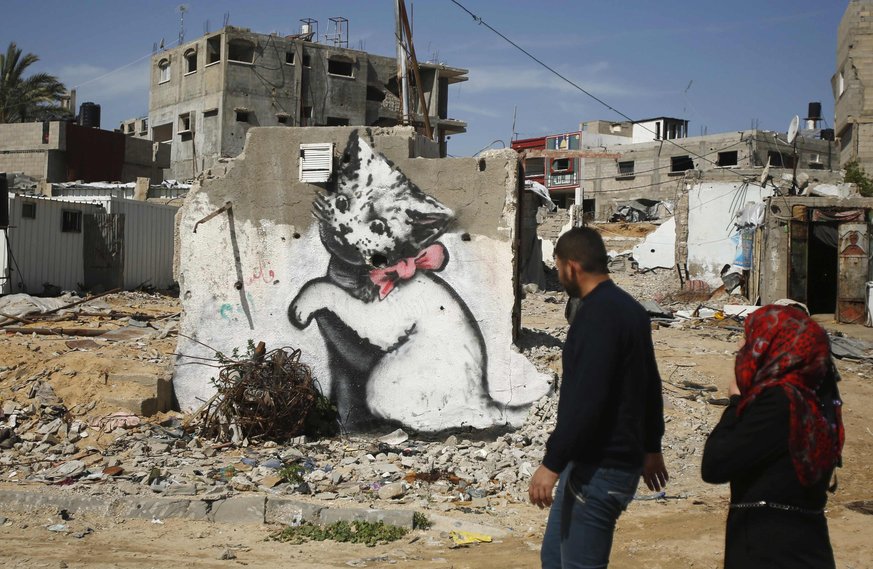Gaza – a humanitarian crisis
August 31, 2017 | Expert Insights

United Nations Secretary-General, António Guterres has called on Israel to end the decade long blockade of the Gaza Strip.
The UN Chief described the conditions in the region as “the most dramatic humanitarian crises” in the world.
Background
The Gaza Strip, which is home to nearly 1.5 million Palestinians, is a narrow strip of land between Israel and Egypt. It is a self-governing Palestinian territory and it is under Israeli occupation. In 1948, the Strip came under Egypt’s control after the Arab-Israeli war. It was occupied by Israel in 1967 when the country engaged in military conflict once again with Arab nations.
In 2005, Israel pulled out its troops from Gaza. Thousands of Jews who were also in the region were also evacuated. Despite these developments, Israel has continued to exercise control over the region. It is in-charge of the region’s territorial waters and airspace as well.
In 2007, Hamas, a Palestinian Sunni-Islamic fundamentalist organization, engaged in warfare with Fatah forces. Fatah is a Palestinian nationalist political party. After ousting the Fatahs, the Hamas essentially took over the governance in Gaza. This resulted in the Gaza Strip getting split from the West Bank in terms of its administration.
The majority of residents in the Gaza Strip are refugees. The region is often marred by violence. For over a decade, Israel has blocked the entry and exit from Gaza. This existed even before 2007 but measures for the blockade were increased. This has resulted in shortage of goods entering the region for the residents. The economy has been significantly hit as Israel has allowed only basic humanitarian needs to enter the area.
Analysis
António Guterres, the United Nations Secretary-General is currently on a visit to Israel. He has met with Israeli Prime Minister Benjamin Netanyahu where he affirmed UN’s commitment to the Two State solution.
He visited the Gaza Strip along with Danny Danon, Israel's ambassador to the United Nations, and Aviv Kochavi, Israel's deputy military chief. He urged Israel to end to blockade. He said, “I am deeply moved to be in Gaza today, unfortunately, to witness one of the most dramatic humanitarian crises that I have seen in many years working as a humanitarian in the United Nations. It is important to open the closures. It is important to avoid the build-up of the militantism that can undermine the confidence between the two people."
Israel, however, believes that much of the problems that exist in the Gaza Strip today has little to do with the nation’s activity. It has repeatedly blamed the Hamas for the degradation of the region. Danon has responded by noting, “Instead of working to ensure a better future for their children, Hamas has turned the residents of Gaza into hostages. At the same time, the Israeli residents of the border communities have stood strong in the face of terror threats, as they build prosperous communities and help further develop the region for the betterment of the next generation."
Assessment
Our assessment is that it would be important for the UN to work towards a “Two State solution” in line with principles mutually agreed between the Israelis and the Palestinians, which include rejecting violence and terrorism and recognizing Israel’s right to exist in peace.








Comments